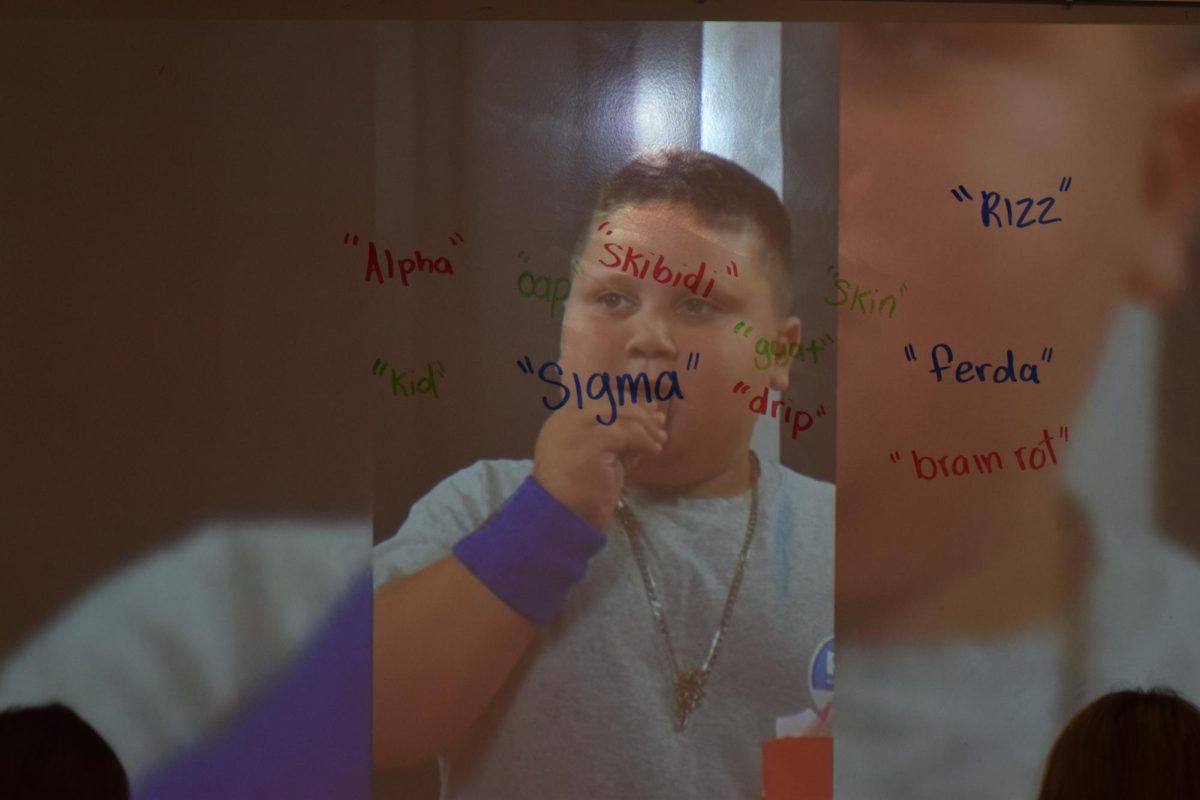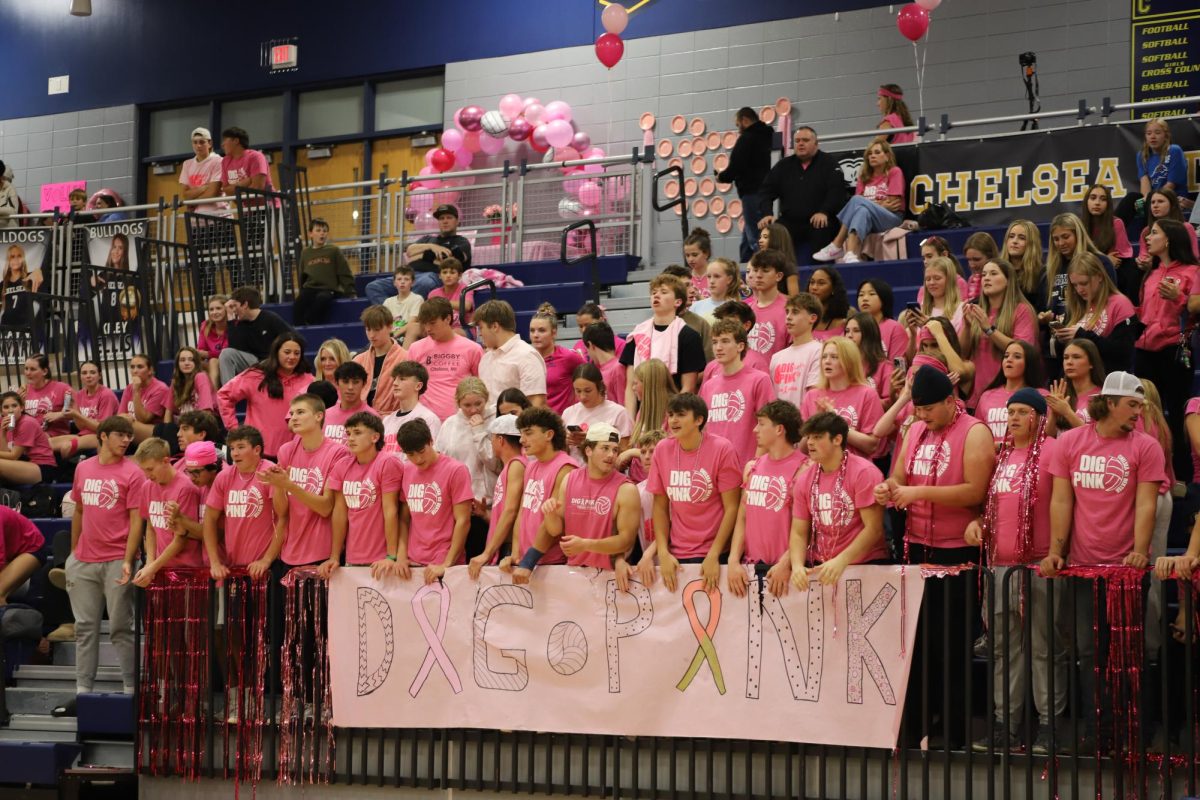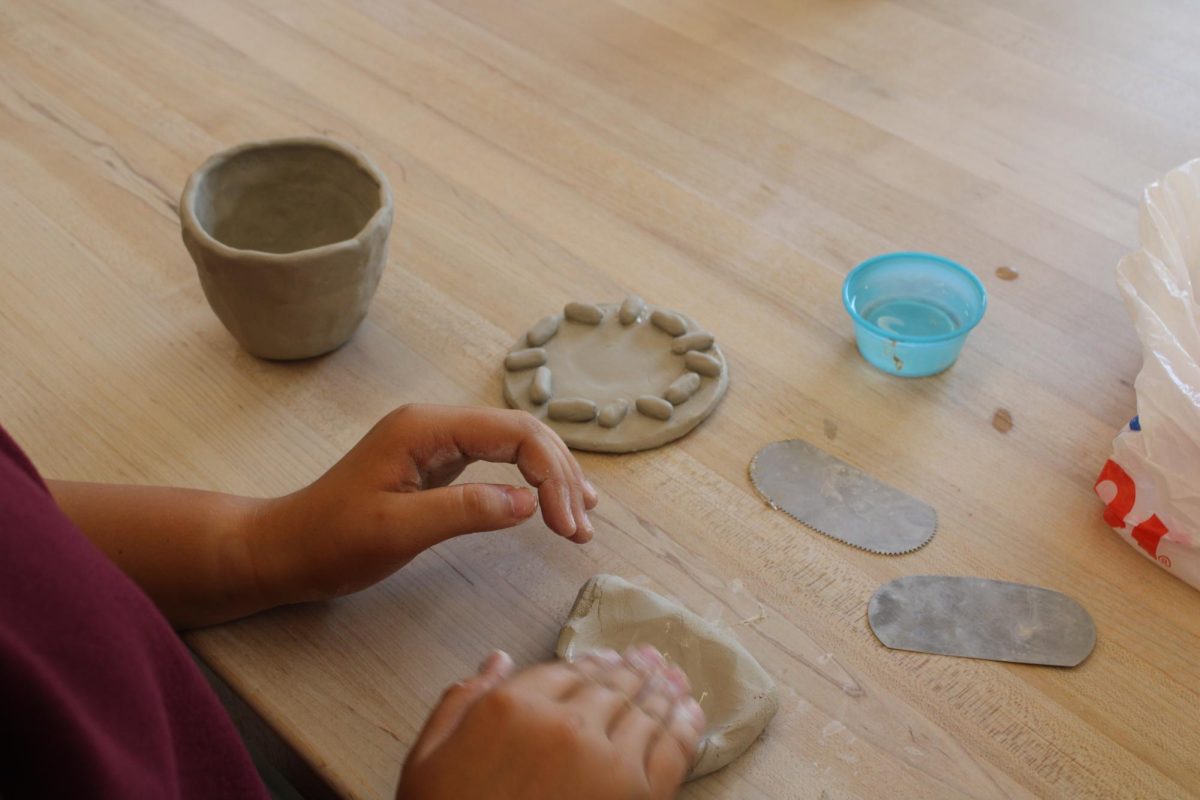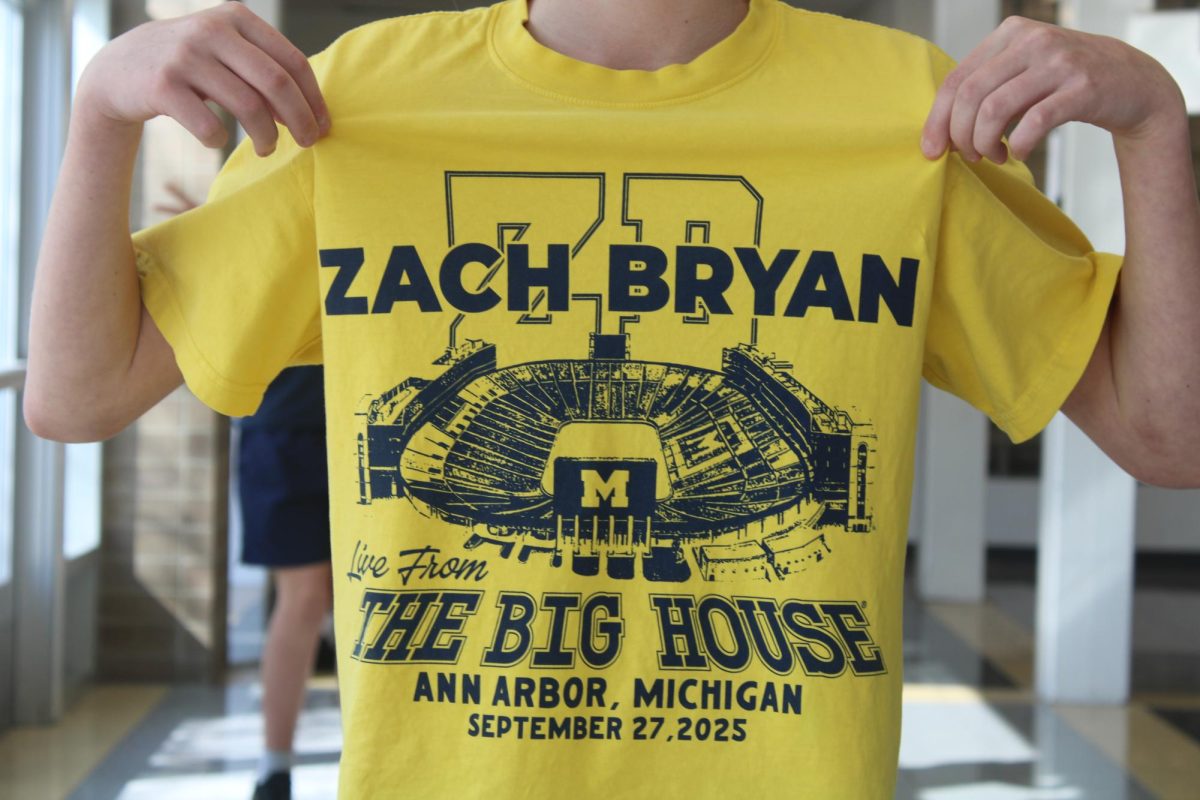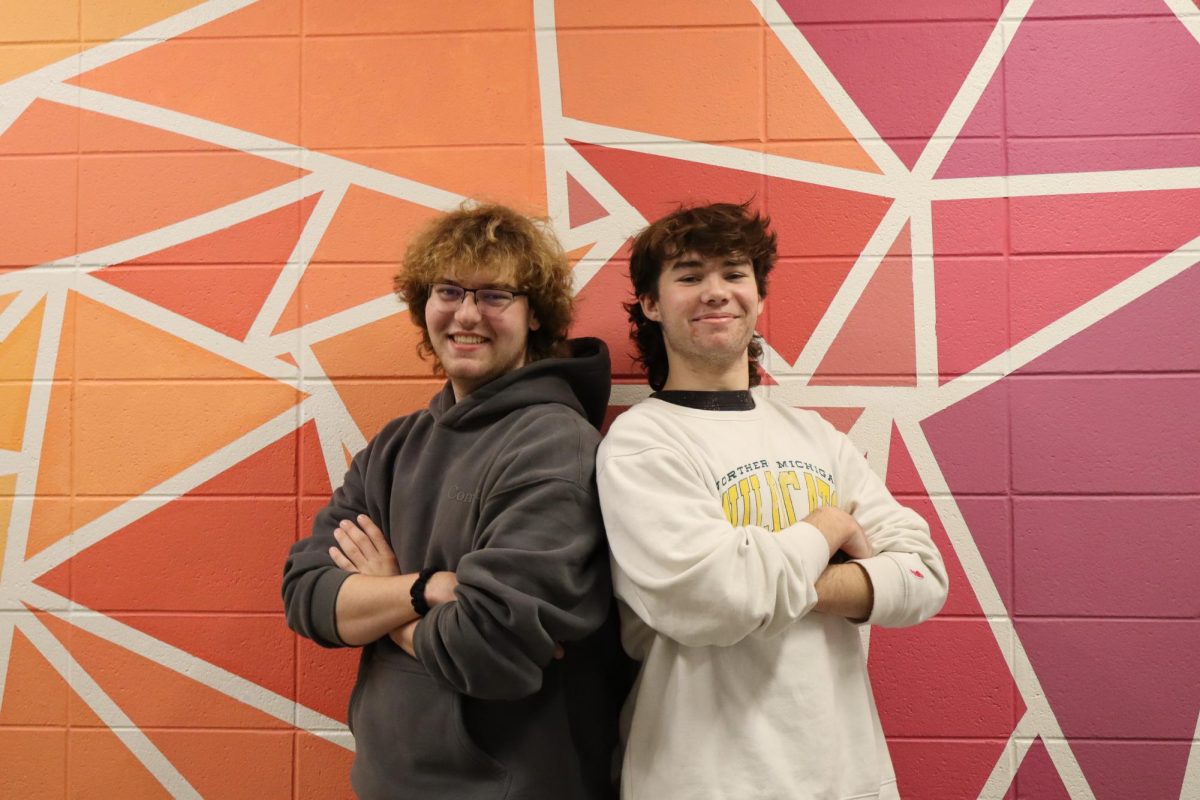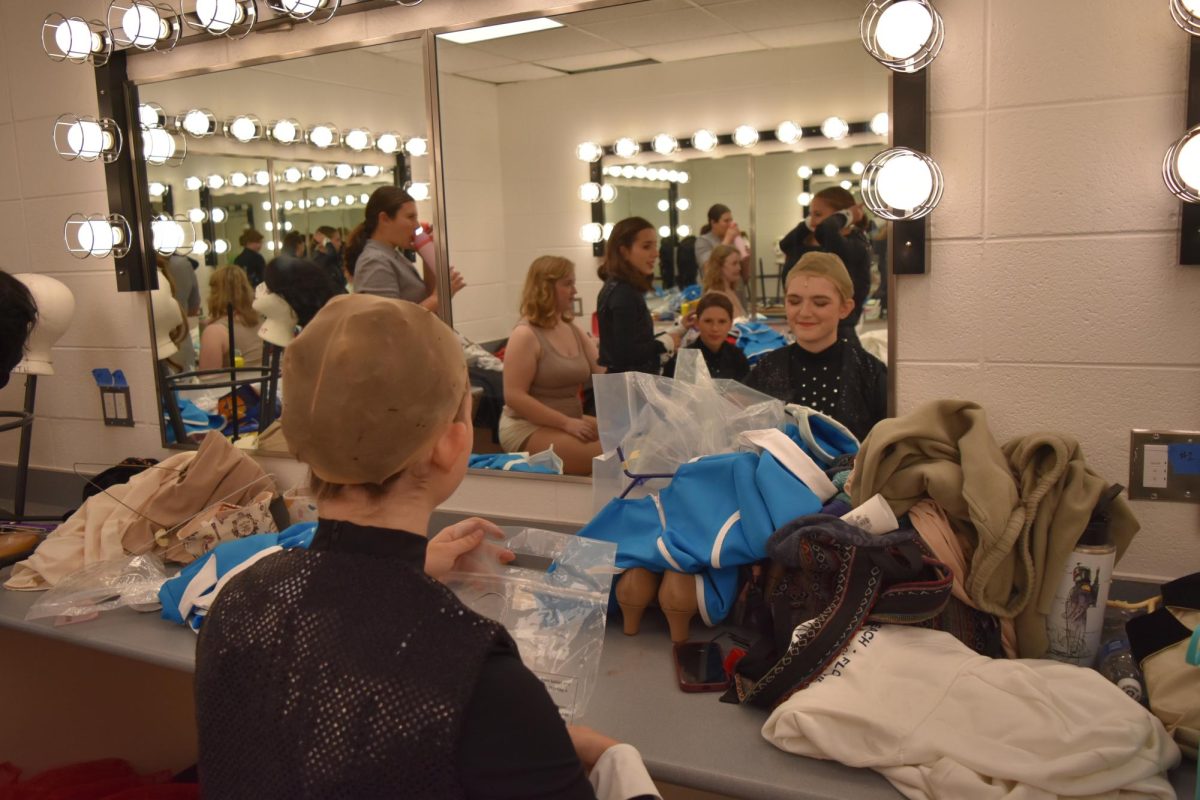As high school students, slang can serve many purposes. Slang can be used to express ideas, reflect culture, and help depict your social identity. Gen Alpha students at Chelsea High School have shaped an environment filled with lots of diverse slang. Each word or phrase holds a different meaning and it’s up to the staff and student’s perspective on how they view it.
“Slang doesn’t have any sort of negative effect on students,” Vice Principal Andrea Franco said. “The slang here flows throughout all the decades, and you know, if the things we’re saying today are going to negatively affect students, it must have been affecting them years previous too.”
Slang is often perceived as a negative influence on students but in Chelsea, slang is a fun, generational way of interacting with your peers. Slang can foster community, boost creativity, and enhance linguistic skills, making it a positive influence on students rather than a negative one.
“It’s very unusual for students to use inappropriate terminology,” Franco said. “If language or slang students utilize is used improperly, we do uphold the handbook and the student will receive some sort of consequence.”
Although it’s rare, occasionally Gen Alpha students go too far with the slang used and feel as though it’s appropriate to say things that can be offensive or interpreted the wrong way. To keep all students safe and happy, when slang is used inappropriately students receive a consequence. This form of regulation keeps the students happy and influences them to treat each other with respect.
“The slang has slowly become more and more immature,” Senior Kylie Beckel said. “The class of 2024 was very childish with some of the terms they used and it has ultimately carried on to the students this year.”
While we all know slang serves an important role in communication, it can also be observed as childish. Slang relies on informal and sometimes playful language that can be seen as immature compared to standard language. When slang is used by students who are still developing and maturing, it can obstruct the ability to be professional and accomplished.
“I don’t think it hurts us students,” Beckel said. “Some of the things they say get taken out of context like calling people ‘skin’ or ‘chirping’ each other.”
Needless to say, we all know how fast things can get taken out of context, and the misunderstandings or misinterpretations it can lead to. Although students at Chelsea never mean harm, some of the words used can come off as derogatory or misleading. The class of 2024 broadened the idea of slang forming a colloquialism students know as ‘chirping.’
“Although I’m only a freshman, I’ve already heard lots of the terms used in high school,” Freshman Sadie McCalla said. “A lot of people talk about the brain-rot stuff.”
The Gen Alpha generation has recently introduced a wave of slang that is now moving through high schools. This terminology is often referred to as ‘brain-rot.’ They are used when describing context or activities that are perceived to be mindless or lacking intellectual value. It originates from the use of social media or technological entertainment.
“Although slang used could be interpreted the wrong way, it doesn’t affect us negatively,” McCalla said. “Slang forms bonds and gives things a sense of creativity, without it our school would be dull.”

